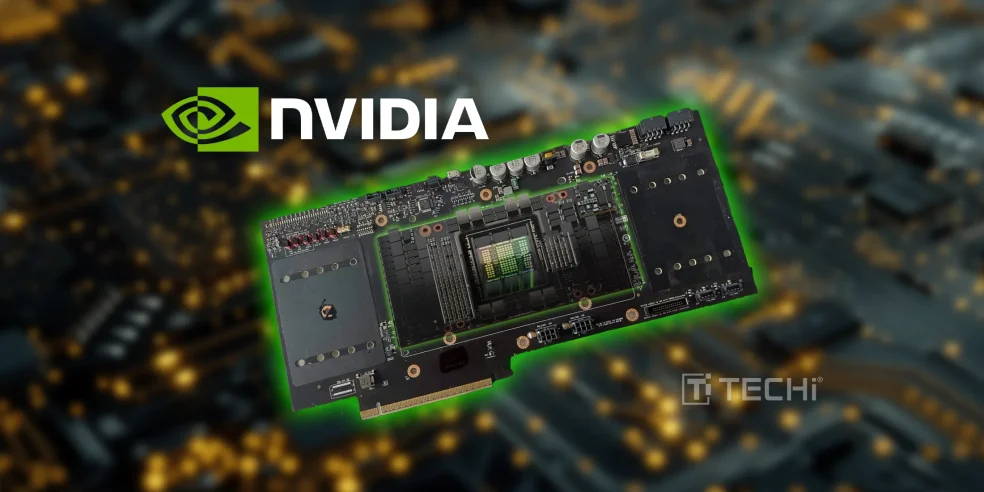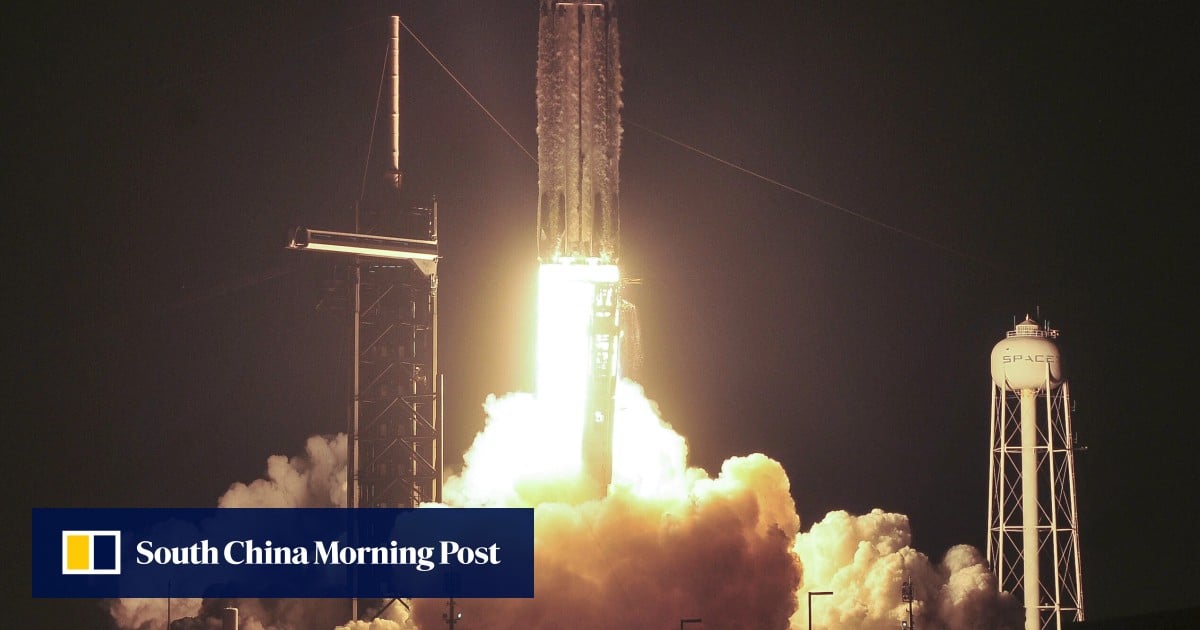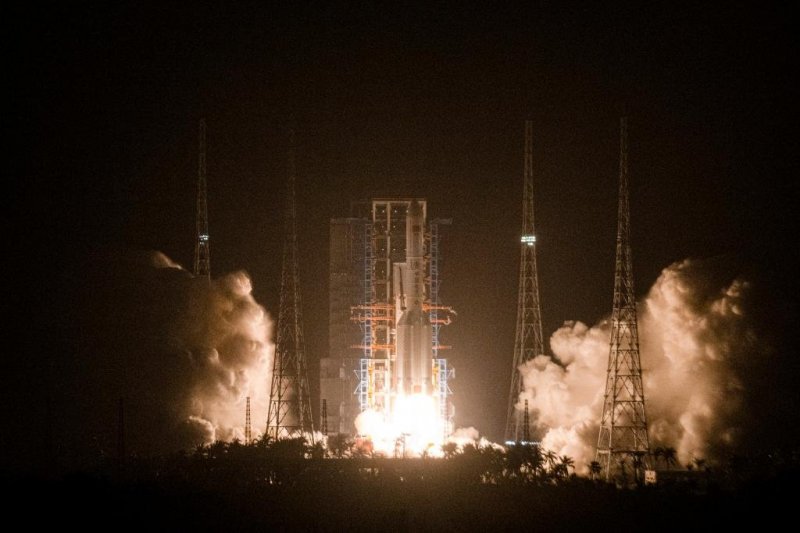The company Nvidia’s recent decision to stop the production of its H20 AI chips is a significant twist to the power battle that has persisted between the United States technology firms and the Chinese department tightening policies. The H20 chip was a Nvidia turnaround plan in the Chinese market because some earlier provisions had restricted the company from selling its most advanced products in the market. The plan recorded a halt after the warning issued to local firms by Beijing not to use such chips due to security reasons.
The government of China has been quoted to have raised concerns that such chips may have been compromised and contain back doors, which will allow the U.S. to have potential access to sensitive information. Although Nvidia stated that its products are safe, without any hidden access points, the news already caused a significant effect. In the case of Nvidia, this implies that one of the most promising markets regarding the sales of AI chips is slipping further away. The message to the Chinese companies is clear: the government wants them to adopt local supply rather than foreign technology.
This is not chips alone. It is an extension of the general tech dispute between the United States and China. Artificial intelligence is a field that is important to both countries as a future domain of economic and national security. The upside of this push by China to promote its own companies to rely on domestic chip supplies is that the country may succeed in strengthening its own production of semiconductors in the longer term, despite the immediate difficulties experienced by local businesses that continue to rely on the more advanced American chips supplied by Nvidia.
In the case of Nvidia, the freeze becomes an extra uncertainty. AI is already at a boom in the global stage, and the company has been taking the lead, which means that losing the Chinese market will affect its pace. It might be forced to depend more on the U.S and European markets as well as partnerships in other regions that have not been so much affected by these tensions.
The episode equally demonstrates how susceptible chains of global supply could be in times when politics and security factors are at play. Even such a corporation as Nvidia is not free of the influences of cross border rivalry and government regulation. It remains to be seen what the future of the H20 chip in China will now be, and more importantly, whether this is a harbinger of a permanent loss of U.S. access to one of the largest markets in the world.
The given turn of development reminds us that in the competition for AI leadership, geopolitics and technology are intertwined concepts. The path that Nvidia will take will have to be characterized by innovation as well as balanced navigation of international power plays.
Beijing may have thrown a wrench into Nvidia’s plans on making a comeback in China’s AI market.


